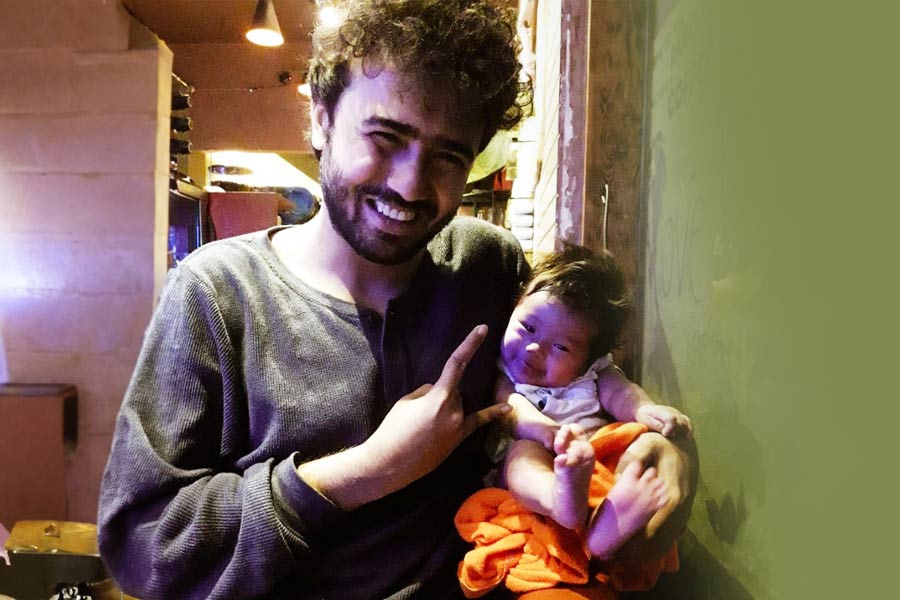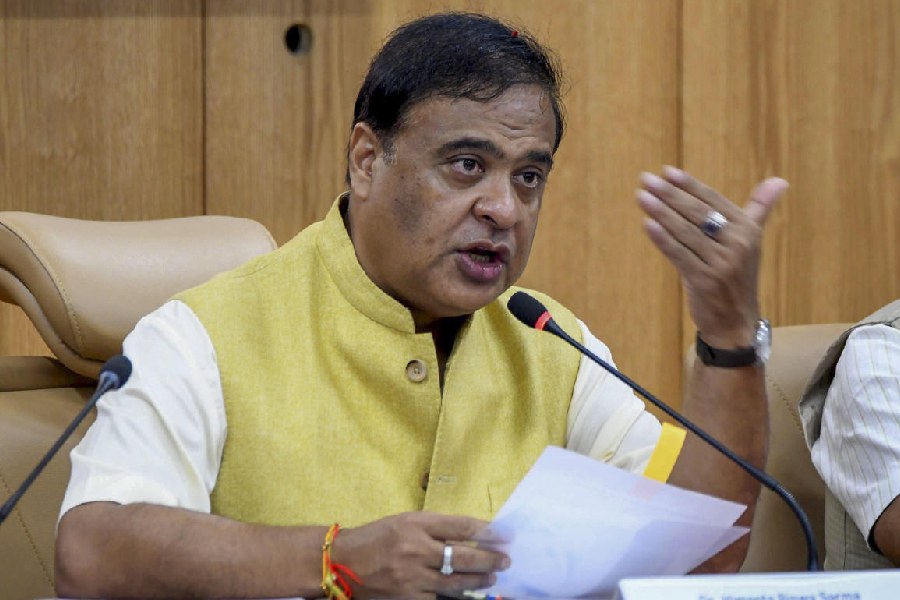A leaked audio recording of a conversation between Sheikh Hasina and an unidentified senior government official has revealed that the former Bangladesh Prime Minister personally ordered a brutal crackdown on student protesters last year.
Verified by the BBC, Hasina can be heard saying that she directed the security forces to use "lethal weapons" and "shoot wherever they find them (protesters)," effectively issuing a direct order to open fire on anti-government protesters.
UN’s fact-finding mission has estimated up to 1,400 dead, with security forces using live ammunition intended for warfare.
The 'shoot at sight' order
The audio, leaked in March this year, was recorded during a phone call made on July 18 from the Bangladeshi Prime Minister’s official residence in Dhaka, Ganabhaban.
In the aftermath of the call, military-grade rifles were deployed and used across Dhaka, BBC reported, citing police documents.
The audio was confirmed genuine by BBC Eye, and forensic analysts at Earshot, who found no signs of manipulation.
BBC Eye established from eyewitness footage, CCTV and drone imagery, that police indiscriminately opened fire on fleeing protesters for about 30 minutes immediately after army personnel vacated the area.
Sheikh Hasina on trial for mass murder charges
Hasina faces charges including incitement, conspiracy, and crimes against humanity at the International Crimes Tribunal (ICT).
The trial began in June 2025, nearly 10 months after the ouster of her government. If convicted, Hasina faces the possibility of the death penalty.
"The Awami League categorically denies and rejects claims that some of its senior leaders, including the prime minister herself, were personally responsible for or directed the use of lethal force against crowds," the BBC quoted a spokesperson for the party as saying.
Decisions made by senior government officials were intended to "minimise the loss of life," he added.
However, the prosecutors at ICT plan to use the audio tape as crucial evidence against Hasina.
"The recordings are critical for establishing her role, they are clear and have been properly authenticated, and are supported by other evidence," British international human rights barrister and adviser to Bangladesh's ICT, Toby Cadman, told the BBC.
What led to the coup that forced Hasina to flee to India for shelter
Protests began after the Supreme Court reinstated a quota system for 30 per cent of government jobs reserved for descendants of 1971 war veterans.
University students marched against the ruling, pushing for merit-based hiring and broader systemic reforms.
As demonstrations grew nationwide, Bangladesh was infested with curfews, internet shutdown, and military deployment. Police and ruling party-affiliated groups violently cracked down, which resulted in mass killings.
Hasina called the protesters 'Razakar', a term used for those accused of collaborating with Pakistan's army during the 1971 liberation war.
On August 4, nearly 100 people were killed in a police crackdown. A day later, Sheikh Hasina resigned and fled to India, bringing to an end her 15-year rule.
India has so far failed to comply with a Bangladeshi request for her extradition. It is unlikely that Hasina will return to the country for the trial, Mr Cadman told the BBC.











